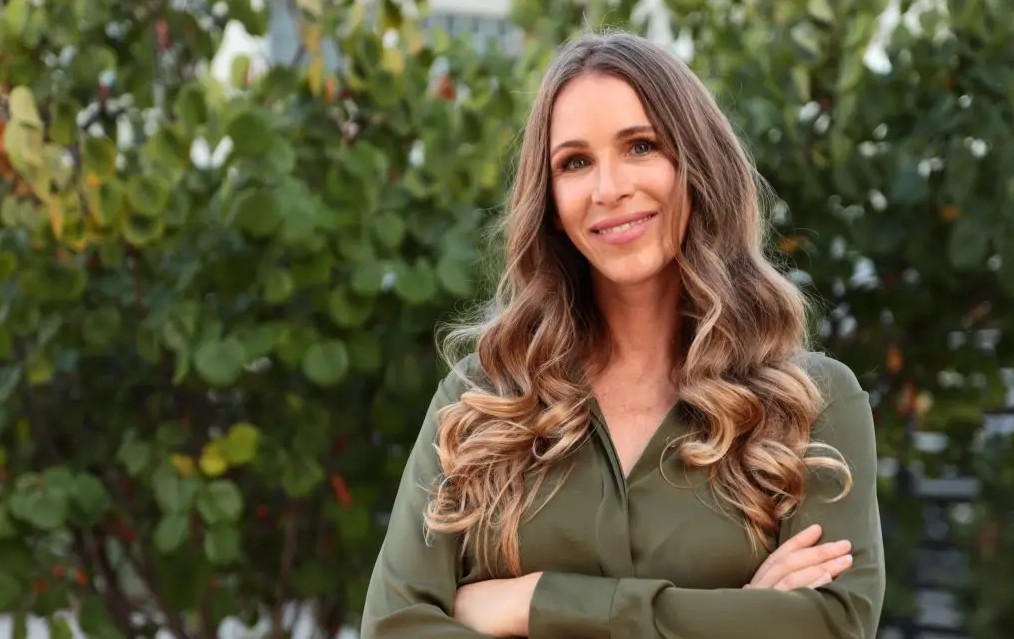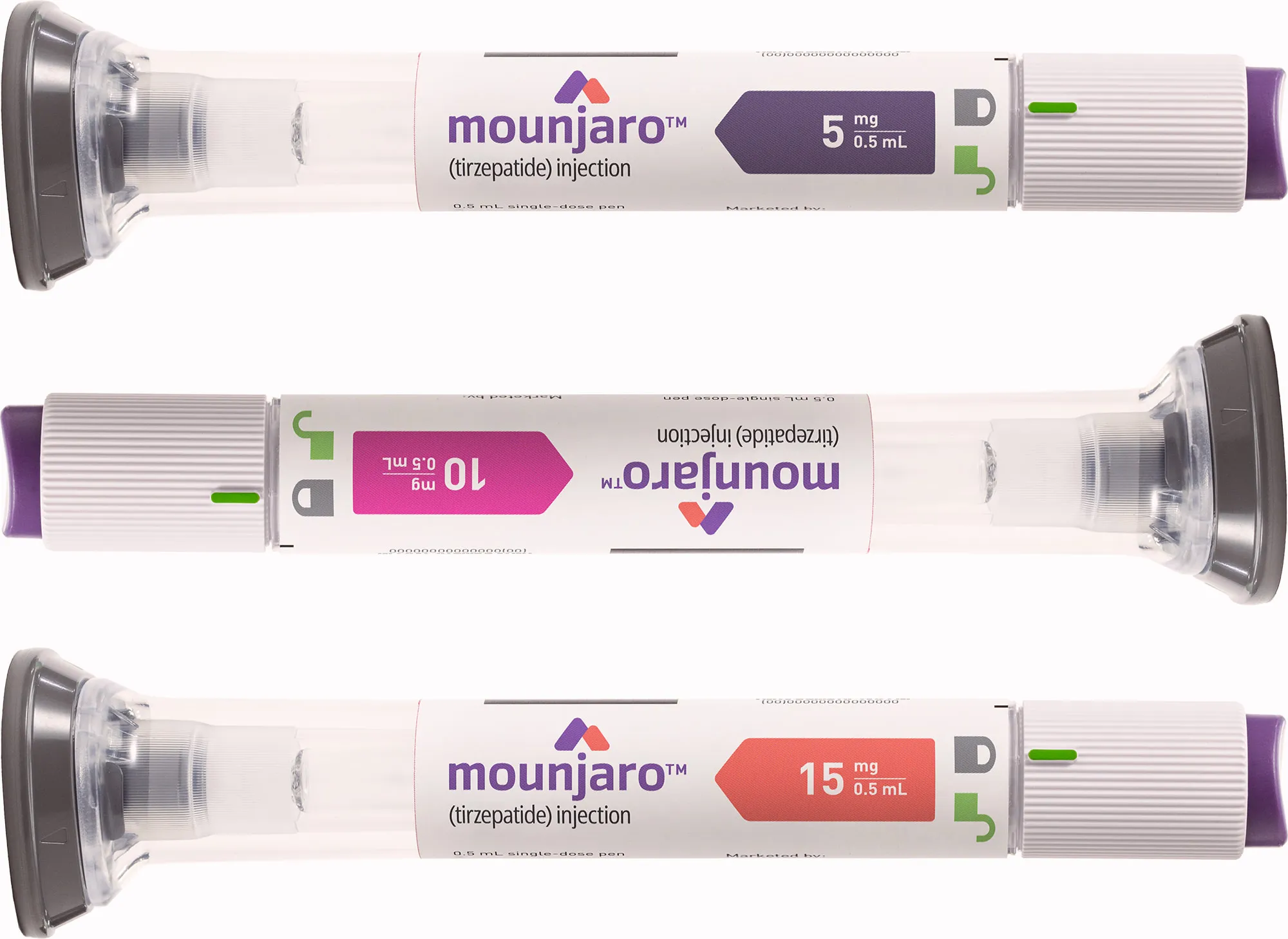Why Finding the Right Therapist Matters
Mental health is as important as physical health. Just like you see a doctor for body pain, seeing a therapist for emotional struggles is a sign of strength. Many people go through anxiety, stress, sadness, or relationship issues. At such times, talking to someone trained can make a big difference. If you’ve been searching online for the best therapist near me, you’re already taking the first step toward feeling better.
Understanding What a Therapist Does
A therapist is a professional who listens without judgment. They help you understand your emotions and thoughts. Whether you’re dealing with stress, grief, trauma, or self-doubt, therapy can guide you through it. Therapists are trained in various methods like talk therapy, cognitive-behavioral therapy (CBT), and mindfulness-based therapy.
Even if life seems fine on the outside, you may still feel stuck inside. Therapists can help with that too. They don’t give you advice like friends or family might. Instead, they help you see your own solutions clearly.
Step 1: Know What You Need Help With
Before you begin looking, take a moment to understand your main concerns. Are you feeling sad, anxious, or overwhelmed? Do you struggle with past trauma, or are you looking to improve your relationship? Therapists often specialize in specific areas like:
-
Depression and anxiety
-
Relationship and couples counseling
-
Trauma and PTSD
-
Grief and loss
-
Self-esteem and personal growth
Knowing your goal will help you narrow your search to someone who understands what you’re going through.
Step 2: Start Searching in Your Area
Typing best therapist near me into your search engine will give you a list of local professionals. Many therapy websites let you filter by specialty, experience, availability, and more. These search tools are helpful in narrowing your options quickly.
If you live in a big city, you’ll have many options. If you’re in a smaller town, you may need to consider therapists who offer sessions online. Luckily, virtual therapy has become more common and just as effective as meeting in person.
Step 3: Check Their Credentials and Experience
After you find a few names, read their profiles. Check if they are licensed and have the right training. You can look for titles like LMFT (Licensed Marriage and Family Therapist), LCSW (Licensed Clinical Social Worker), or Ph.D. in Psychology. Make sure their expertise matches what you’re looking for.
Experience matters. A therapist who has helped many people with similar challenges may understand your situation better. Reading their background and years in practice can give you a sense of trust.
Step 4: Read Reviews and Client Feedback
What others say can help you feel more confident in your choice. Client reviews and testimonials give insight into how the therapist works. Do people feel heard? Do they feel supported and safe? These are important details.
Of course, not every review will be perfect. But if most of the feedback is positive, it’s a good sign. Also, remember that therapy is very personal. What works for someone else might not feel right for you — and that’s okay.
Step 5: Schedule a Consultation First
Most therapists offer a free first call or short session. This is your chance to ask questions and see how you feel around them. Are they easy to talk to? Do they listen closely and respond with care? The connection you feel is key.
Even the most skilled therapist won’t be helpful if you don’t feel comfortable sharing your thoughts. So trust your instincts. If you feel a connection, that’s a green flag.
Step 6: Consider the Cost and Availability
Therapy can be a financial commitment, so make sure you understand the costs upfront. Ask about:
-
Session rates
-
Insurance options
-
Sliding scale fees (reduced cost based on income)
-
Payment methods
Also, check how easy it is to get an appointment. Are they available during your free time? Can you get weekly sessions if needed? Regular therapy works best when it fits smoothly into your routine.
Step 7: Give It Time and Stay Committed
After you start therapy, give it a few sessions before deciding if it’s right for you. Change doesn’t happen overnight. The first few meetings might feel a bit awkward, but that’s normal. As trust builds, you’ll feel more at ease and open.
If something doesn’t feel right even after several sessions, you can always try someone else. Therapy is for you, and your comfort matters most. Don’t be afraid to find someone who truly fits your needs.
Benefits of Finding the Best Therapist for You
Working with the right therapist brings many benefits, such as:
-
Gaining better control over your emotions
-
Learning healthy coping skills
-
Improving relationships with others
-
Discovering self-confidence and purpose
-
Healing from trauma or painful memories
Having a safe space to talk freely can be life-changing. Many people report feeling lighter, calmer, and more hopeful after starting therapy.
Online Therapy: A Great Option When You’re Busy
If you struggle to make time for in-person visits, online therapy can be a flexible choice. Many therapists now offer secure video sessions from the comfort of your home. It saves travel time and can be just as effective.
Whether it’s through video, phone, or chat, virtual sessions make therapy more accessible for people with busy lives or those who feel more at ease in their own space.
Final Thoughts: Start Your Healing Journey Today
Finding the best therapist near me may take some effort, but it’s worth it. Taking care of your mental health is one of the best decisions you can make. Life gets easier when you have someone to guide you through your struggles and help you grow.
So don’t wait. Whether you’re feeling stuck, confused, or overwhelmed, there’s support out there. Reach out, explore your options, and take the first step toward a healthier, happier you.


